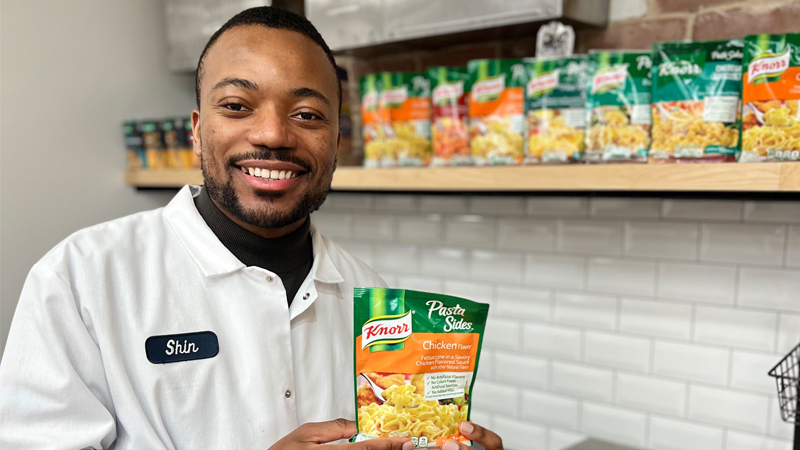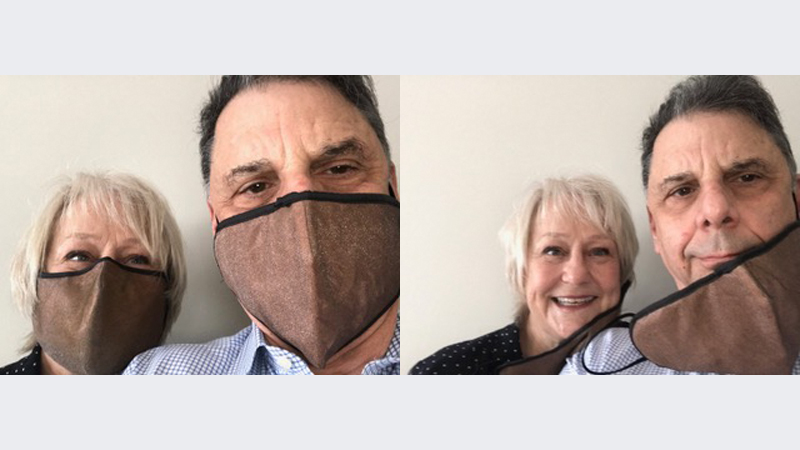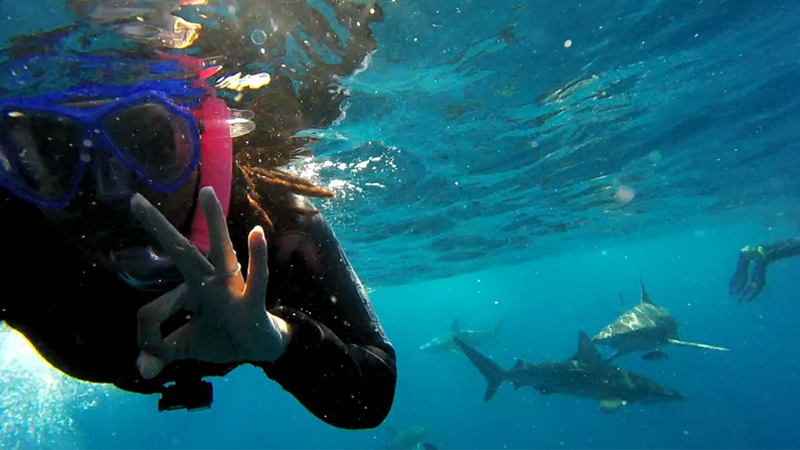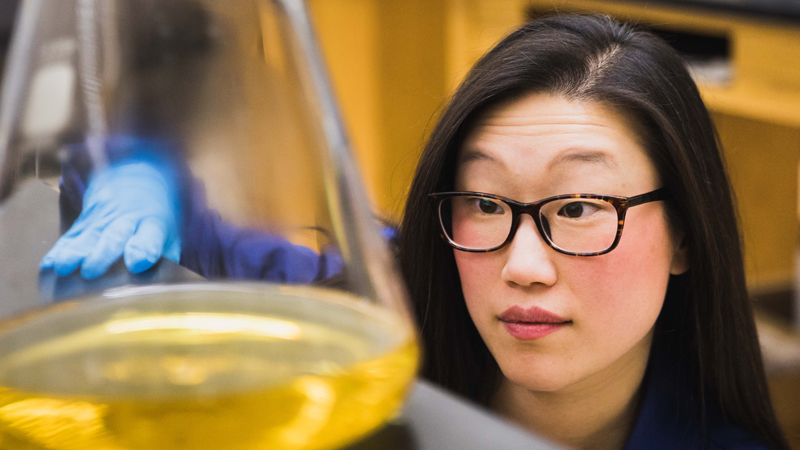Biochemistry: Formulating Vaccines at Merck
Shivani Phadke ‘18 (biochemistry BS) received her MS in Biotechnology from Northeastern University and now works as an associate scientist in vaccine formulation at Merck.
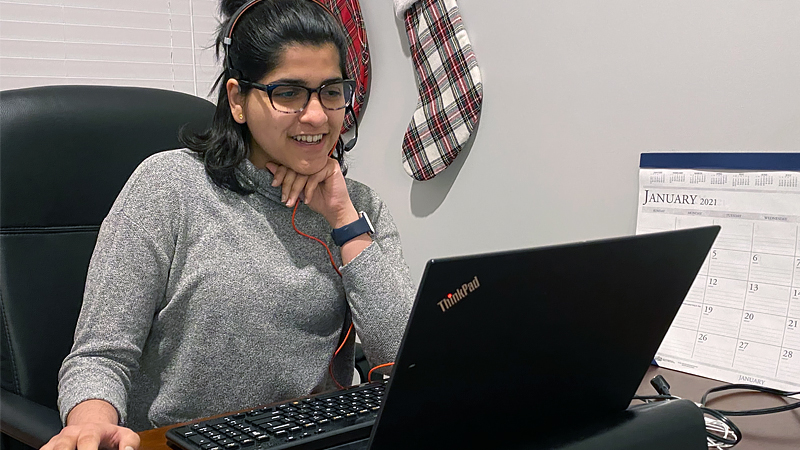
When Shivani Phadke ‘18 (biochemistry BS) began at RIT, she was fascinated by disease but had no clear career path in mind. Now she envisions the day when she will receive a vaccine and know every ingredient going into her arm because she helped formulate it.
While chemists focus on matter at a molecular level and biologists focus on the complexity of living organisms, biochemists get the best of both worlds. RIT biochemistry students work in two structural biochemistry and molecular visualization labs and participate in authentic discovery-based research projects.
It all began during her first semester when Phadke started her research work in The Michel Research Group led by Dr. Lea Michel, associate professor in the RIT School of Chemistry and Materials Science. In October, she shadowed the group and began working on a research project in January.
“Shivani, like many of my first year students, was very eager to get started in the lab right away. I love getting students in the lab in their first year. Most new students find that the hands-on research helps them better understand the concepts they learn in their classes and vice-versa.” - Dr. Lea Michel
Phadke also benefited from the Chem Connections course offered in the biochemistry program during her first semester. It allowed her to meet faculty and learn more about their research through a required course. She found professors at RIT were easy to converse with and accessible, allowing her to discuss future plans with them regularly. Phadke said, “If you want to learn from professors who are not only talented at what they do but genuinely care about their students, then you should attend RIT.”
Phadke secured a Research Experiences for Undergraduates (REU) project at the University of California, San Francisco (UCSF) after her third year, giving her experience in an academic research setting outside of RIT. But her real-world research experience didn’t stop there. Phadke completed a co-op in her fourth year working in process development, where she learned how to apply the skills she learned in class to a more immediate, real-world project like a therapeutic drug.
“My work experiences at RIT completely shaped the way I approached my career and are directly responsible for my successes today.” - Shivani Phadke
When asked what advice she would give to new students, Phadke replied, “Ask questions, and don’t assume it isn’t possible!” She shared how she completed a seven-month co-op in a program with no co-op requirement and still graduated on time. Phadke was able to do it because she asked her advisors if it was possible. Together they made it happen. “The RIT community is all about finding ways to make your college experience unique and fulfilling,” said Phadke.
After graduating from RIT, Phadke earned her MS in Biotechnology at Northeastern University and secured a position with Merck as an associate scientist in vaccine formulation.
Something she never expected? “To be involved in designing all the inactive parts of a vaccine: the sugars, salts, and stabilizers that allow the vaccine to be stored a certain way,” said Phadke. “I never thought I would enjoy something that didn’t involve working directly with a pathogen, but I honestly think this is the perfect job for me.”





